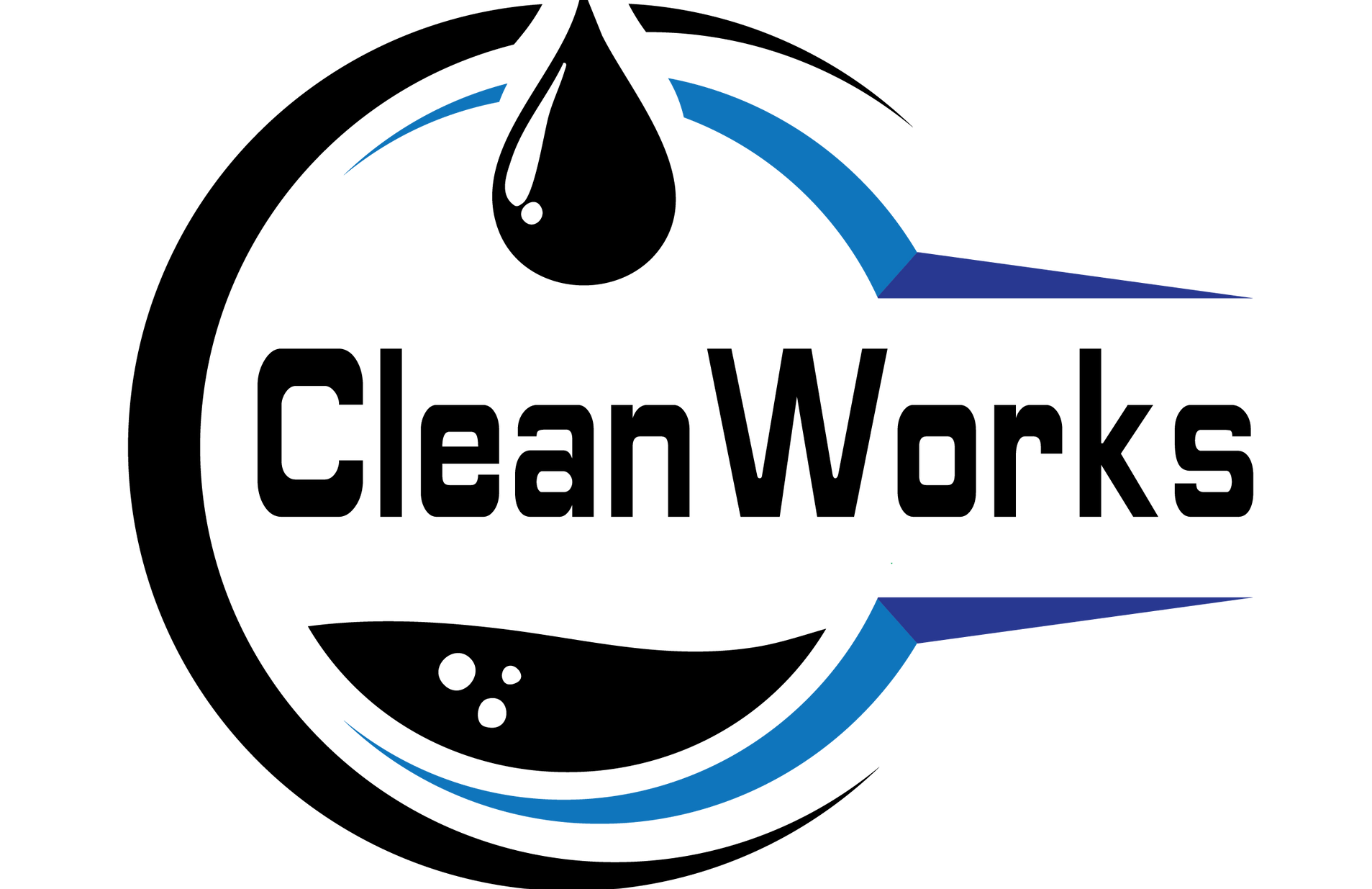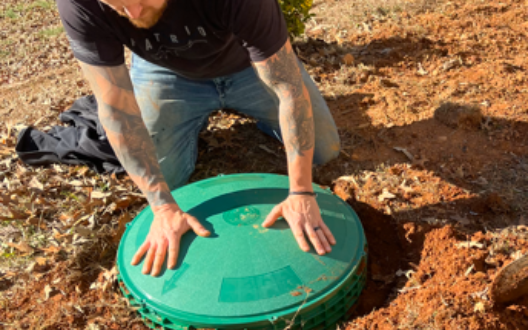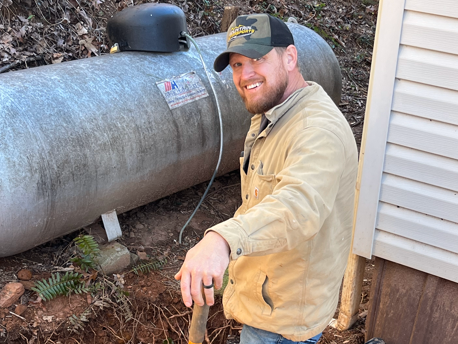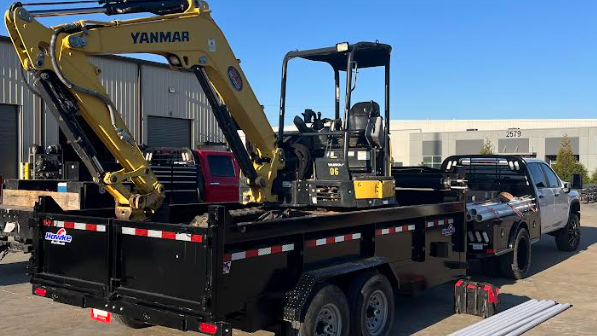
You probably don’t think twice about what goes down your toilet, out of sight, out of mind, right? But when your home relies on a septic system, those little daily habits can make or break its lifespan.
At CleanWorks Septic, we’ve seen the consequences of what happens when homeowners unknowingly flush harmful materials. Spoiler alert: it’s not pretty. Let’s talk about what should never go down your drains, and what you can do to avoid costly repairs.
Why Flushing the Wrong Things Is a Big Deal
Septic systems are delicate ecosystems. They rely on natural bacteria to break down waste before releasing treated water into your drainfield. When foreign materials clog the tank or kill off the bacteria, everything grinds to a halt. That’s when the trouble starts:
- Backed-up toilets
- Foul odors
- Drainfield failure
- Emergency service pump-outs
- Thousands in unexpected repairs
And the worst part? Most of it is 100% preventable.
Top 7 Things You Should Never Flush
1. “Flushable” Wipes
Despite the label, these do not break down like toilet paper. They build up fast and cause blockages in both the tank and drain lines.
2. Grease, Oils & Fats
Cooking grease might slide down as a liquid, but it hardens as it cools. That means thick sludge at the bottom of your tank and in your pipes.
3. Feminine Hygiene Products
Tampons and pads expand in water and don’t decompose, leading to quick backups.
4. Paper Towels & Tissues
Unlike toilet paper, these are designed to stay intact when wet. That makes them septic nightmares.
5. Medications & Chemicals
Prescription drugs, bleach, and antibacterial cleaners kill the good bacteria your septic system needs to function.
6. Cat Litter
Even if the packaging says it’s “septic-safe,” litter creates dense clumps that don’t dissolve.
7. Dental Floss, Hair, or Cotton Balls
They tangle and create stringy clogs that are hard to break up without professional equipment.
How to Change Bad Habits
The good news? Keeping your septic system healthy doesn’t mean overhauling your life; it just means getting smart about what goes in. Here’s what CleanWorks recommends:
- Create a "No Flush List" for your family and guests
- Use septic-safe toilet paper (look for labels that say biodegradable and fast-dissolving)
- Install drain filters in sinks and showers to catch hair and debris
- Limit harsh chemicals in your cleaning products
- Properly dispose of cooking oil by pouring it into a sealed container and tossing it in the trash
Pro Tip: Watch for the Warning Signs
If you’ve been unknowingly flushing the wrong things, your system might already be sending signals. Here’s what to watch for:
- Gurgling sounds in your pipes
- Slow-draining sinks or tubs
- Odors near your tank or drainfield
- Water is pooling in your yard
If you notice any of the above, it’s time to schedule a professional inspection, and we know a great team who can help.
Why CleanWorks Septic?
We’re not just a service, we’re your neighbors. Our family-run business has been helping North Georgia homeowners for over 20 years. When you call us, you get:
- Honest, upfront pricing
- Transparent advice—no scare tactics
- Experienced technicians who respect your property
- Fast, friendly service, even on weekends
We’ve seen the worst-case scenarios, but we’ve also seen how small changes can prevent them.
Take Control of Your System’s Health
Your septic system is one of the most expensive parts of your property to replace, but one of the easiest to protect. By rethinking your flushing habits and getting regular maintenance, you can extend the life of your system and avoid major headaches.
If it’s been a while since your last inspection or you’re unsure about the health of your system,
contact us! We’ll give you a clear picture and a clean tank.
FAQs
Can I use bleach or antibacterial wipes if I have a septic system?
You can use small amounts of bleach, but avoid overuse. Antibacterial products kill the essential microbes that help your system break down waste. Use septic-safe cleaners when possible.
How often should I have my septic system inspected?
We recommend a professional inspection every 1 to 3 years, depending on household size and usage. This helps catch issues before they become emergencies.
